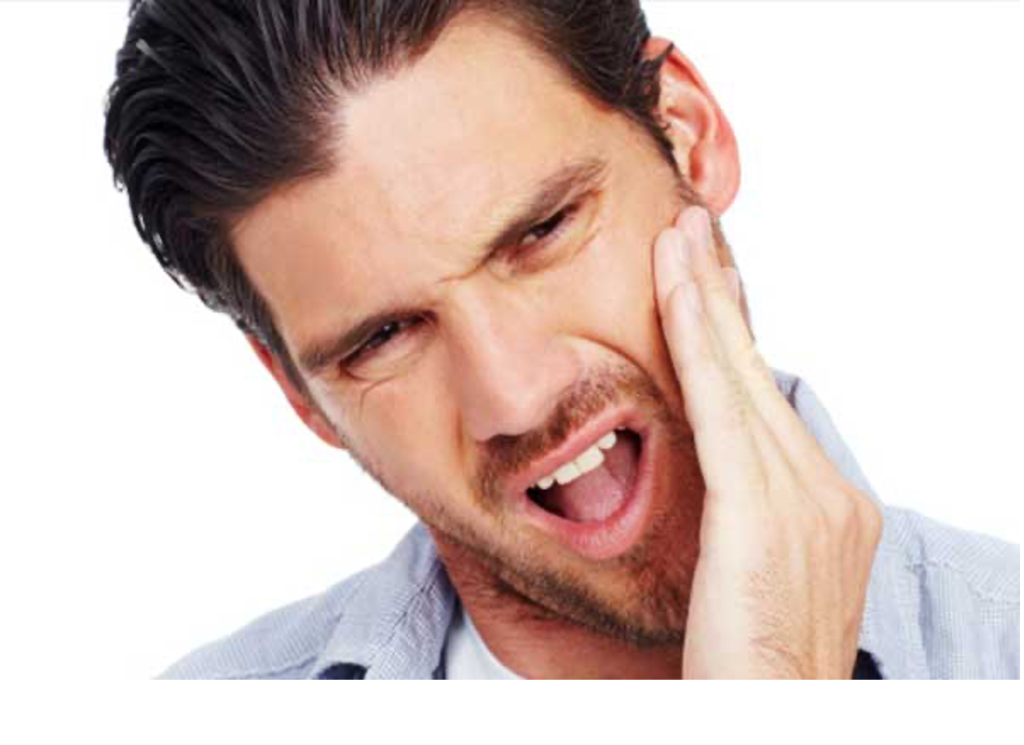If you have been experiencing pain in your jaw, clicking or popping when you eat, or difficulty opening your mouth wide, you may have a Temporomandibular Joint Disorder (TMJ). TMJ is a common condition that affects the joints and muscles around your jaw and can cause a great deal of pain and discomfort.
While the cause of TMJ is not entirely clear, there are treatments available to help reduce pain and improve your quality of life. This post will explain what TMJ is, its causes and symptoms, and how to get relief from the pain.
What is TMJ Disorder?
TMJ is a disorder that affects the temporomandibular joints, which are the joints that connect your jaw to your skull. These joints allow your jaw to move up and down and side to side, so you can talk, chew, and yawn.
What causes TMJ Disorder?
The exact cause of TMJ is not known, but there are several factors that may contribute to the development of the disorder. These include:
- Arthritis: Arthritis is a common cause of TMJ. This condition can damage the cartilage that protects the temporomandibular joints, causing pain and inflammation.
- Dislocation: Moving the jaw can cause pain and difficulty if the temporomandibular joint is dislocated.
- Bad bite: A bad bite can put undue stress on the temporomandibular joints, leading to pain and inflammation.
- Genetics: Some people are born with a predisposition to TMJ, which may be due to genetics.
- Stress: Stress can cause the muscles around the jaw to tighten, leading to pain and inflammation.
- Teeth grinding: Teeth grinding (bruxism) can also put stress on the temporomandibular joints and lead to the development of TMJ.
What are the symptoms of TMJ Disorder?
TMJ can cause a wide variety of symptoms, including:
- Pain in the jaw, face, neck, or shoulders
- Clicking or popping sound when you open your mouth or chew
- Difficulty chewing or pain when you chew
- Jaw that locks in place or is difficult to move
- Headaches
- Tingling in the fingers
- Dizziness
If you are experiencing any of these symptoms, it is important to see an experienced dentist, so they can diagnose and adequately treat the condition.
How is TMJ Disorder diagnosed?
TMJ is typically diagnosed based on a review of your medical history and a physical examination. Your dentist will ask about your symptoms and medical history and conduct a physical examination.
During the examination, they will feel for any tenderness or pain in the jaw and check for any clicking or popping sounds when you move your jaw. They may also order imaging tests, such as an MRI or CT scan, to get a better look at the temporomandibular joints.
If TMJ is diagnosed, your dentist will work with you to develop a treatment plan based on your individual condition.
How is TMJ Disorder treated?
There is no one-size-fits-all approach to treating TMJ. Treatment will depend on the underlying cause of the condition and the severity of the symptoms. In some cases, home remedies may be all that is needed to relieve pain and improve function. These home remedies include:
- Apply heat or ice: To reduce pain and inflammation, apply a warm compress to the side of your face for 5 to 10 minutes several times a day, or put a cold pack on your cheek for 15 minutes at a time.
- Eat soft foods: Stick to soft foods like soups, applesauce, and mashed potatoes until the pain subsides. This will help prevent your jaw from working overtime and release the stress placed on your jaw during the chewing of hard or crunchy foods.
- Practice good posture: When you sit or stand, keep your shoulders relaxed and your head level. Avoid slouching.
- Relax your jaw muscles: Try to avoid clenching your teeth during the day. If you notice that you are clenching or grinding your teeth at night, ask your dentist about getting a mouth guard.
- Massage your temples and jaw muscles: Gently massage your temples and the muscles in front of your ears. You can also press the muscles next to your jaw with your fingers.
If home remedies are not enough, your dentist may recommend other treatments, such as:
- Mouth guards or splints: These devices are worn at night to prevent teeth grinding and provide support for the jaw.
- Physical therapy: Physical therapy can help to stretch and strengthen the muscles around the jaw.
- Medications: Over-the-counter pain relievers, such as ibuprofen or acetaminophen, can help to reduce pain and inflammation. If these aren’t effective, your dentist may prescribe stronger medications.
- Injections: Injections of corticosteroids can help to reduce any inflammation present.
- Surgery: In severe cases, surgery may be needed to repair or replace the temporomandibular joint. This is usually only considered if other treatments have failed.
Bottomline
If you think you may have TMJ disorder, it is important to see a dentist so they can diagnose and treat the condition. With proper treatment, most people with TMJ disorder can find relief from their symptoms and lead a normal life.








